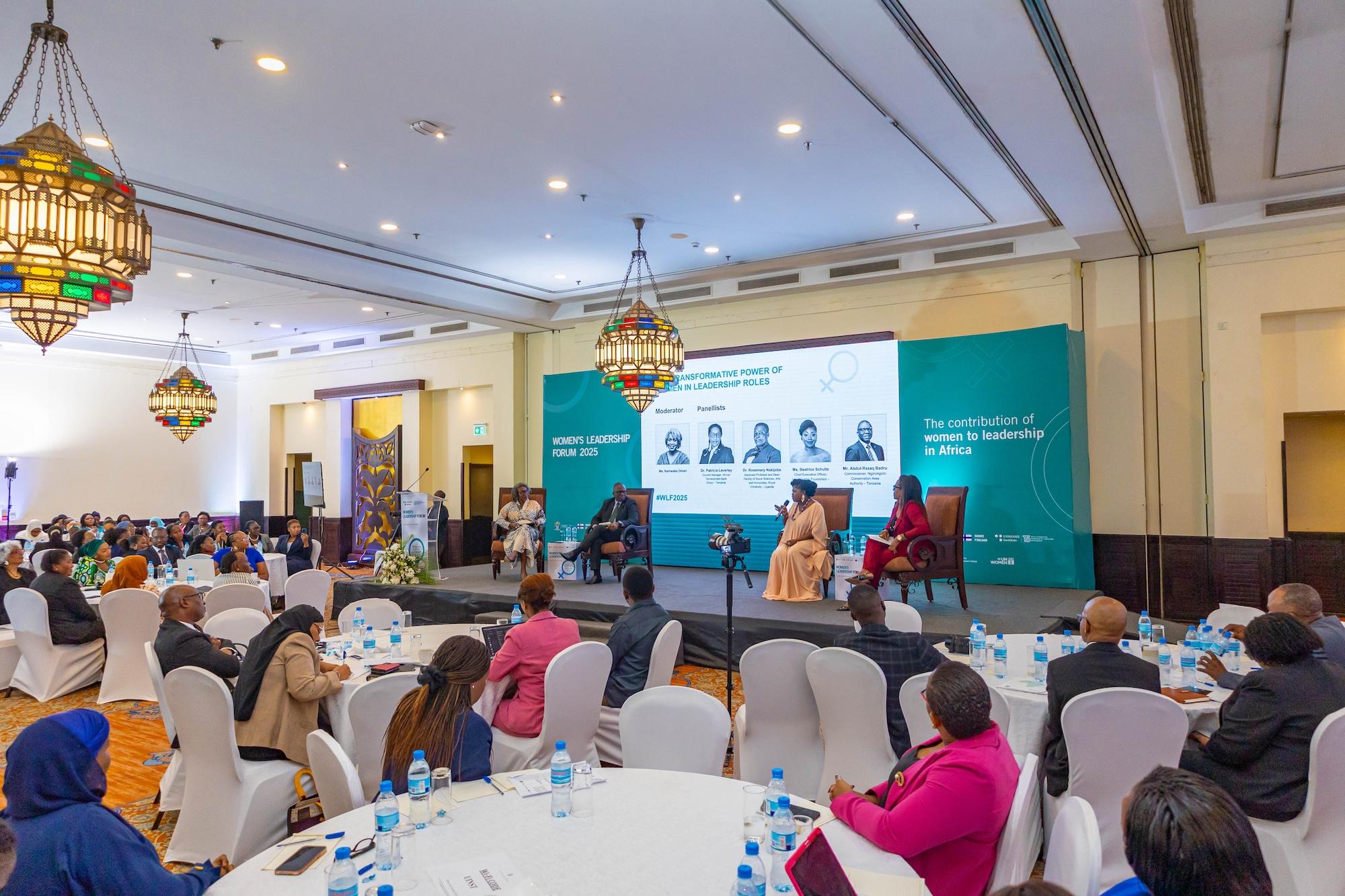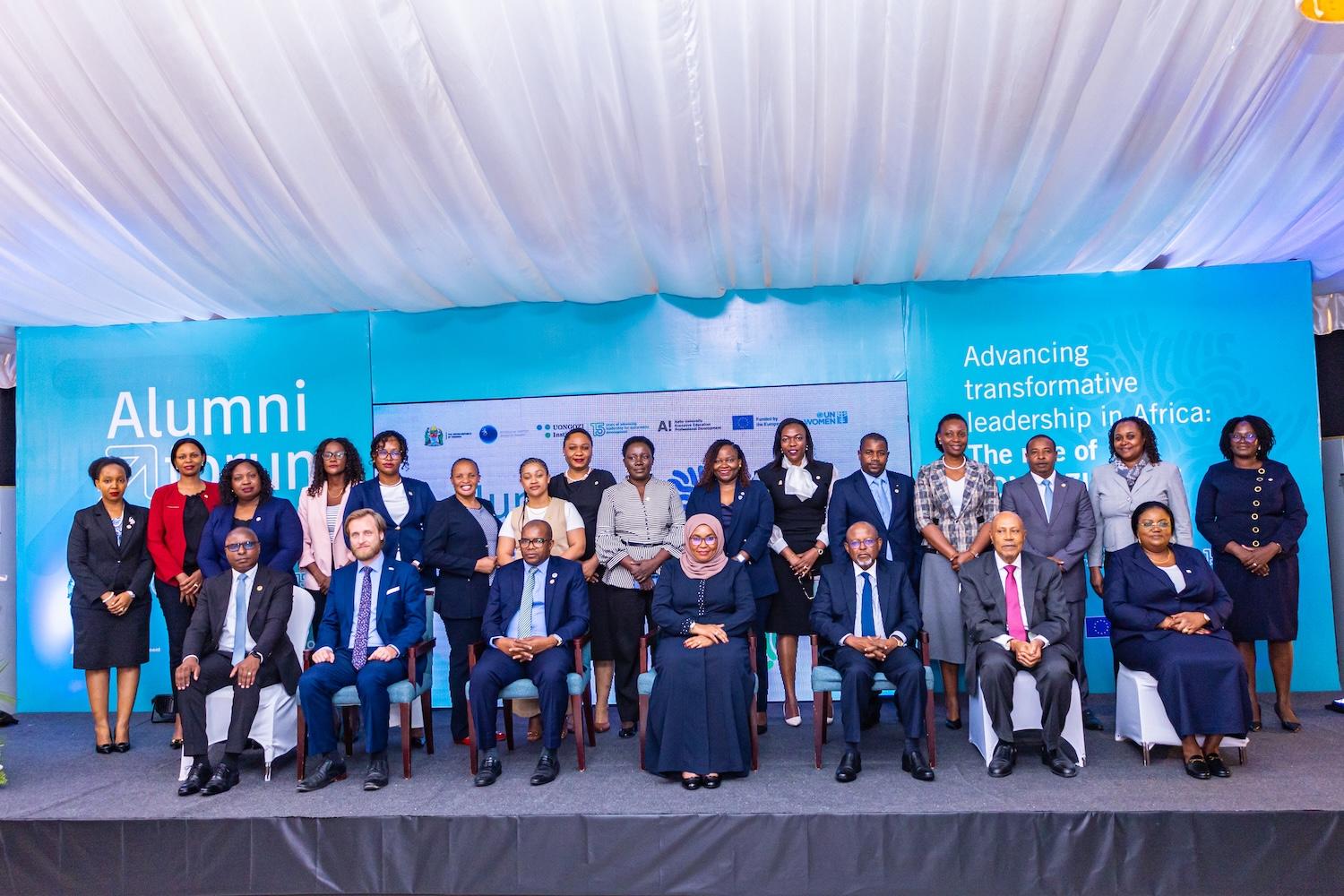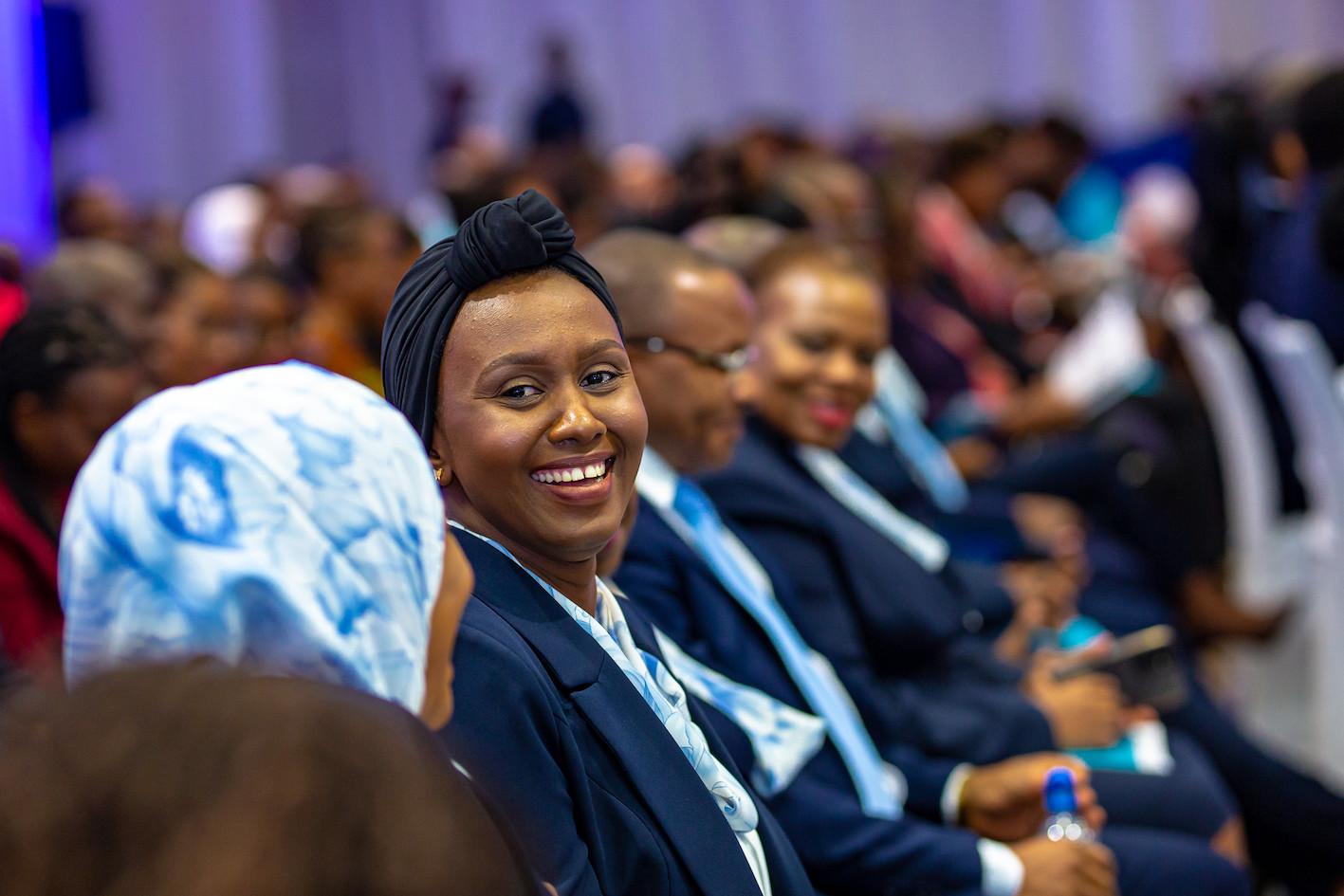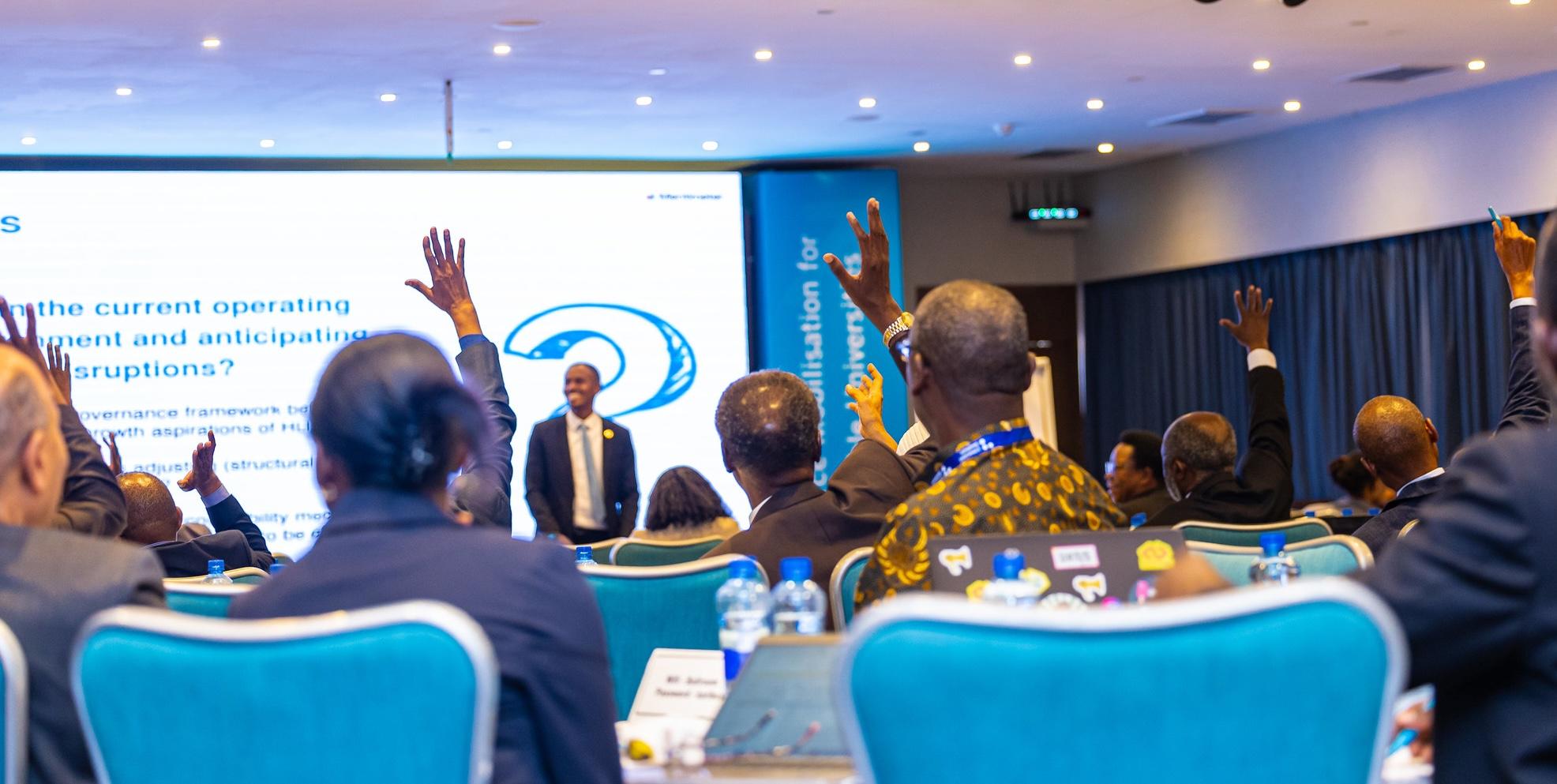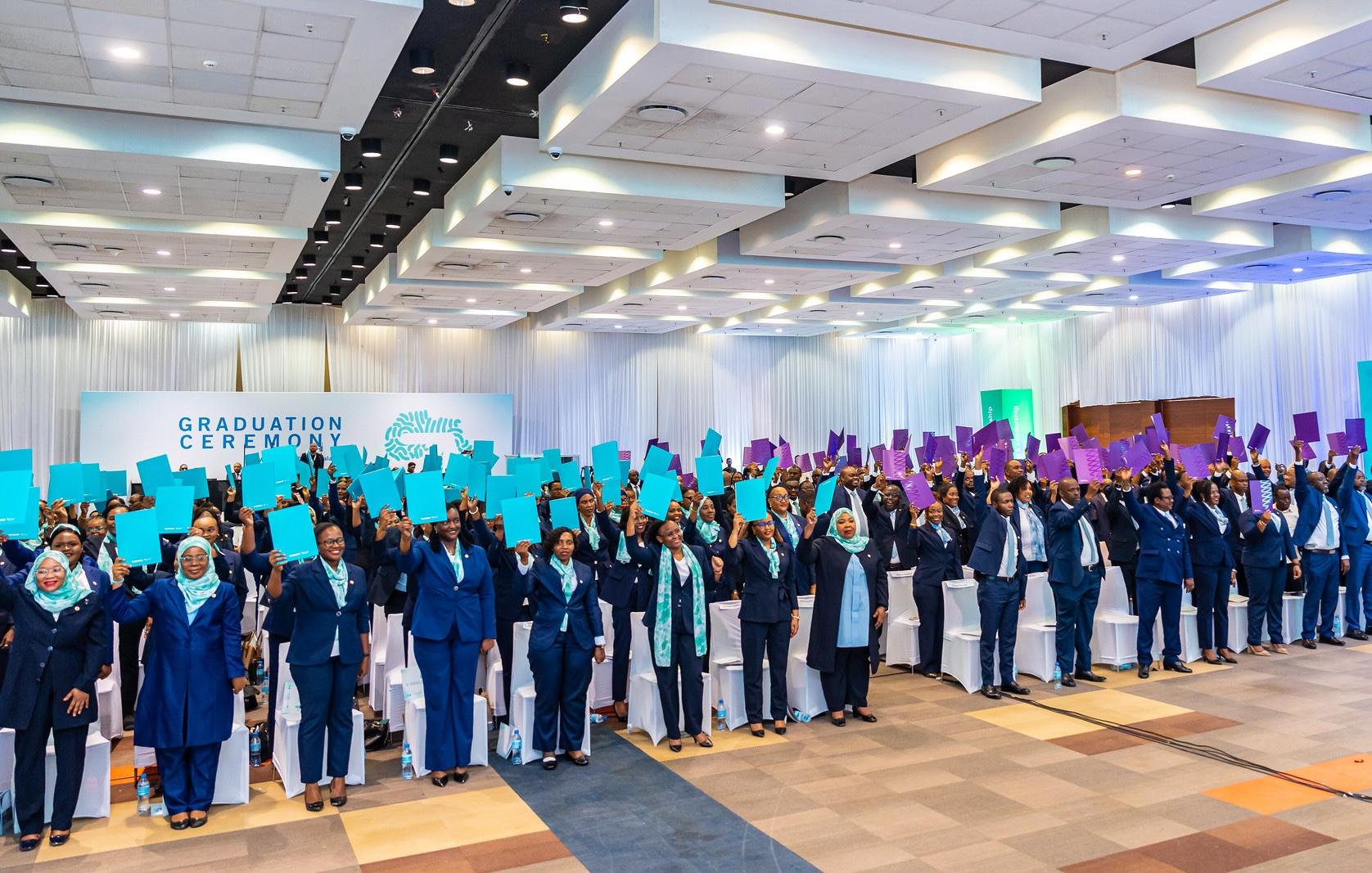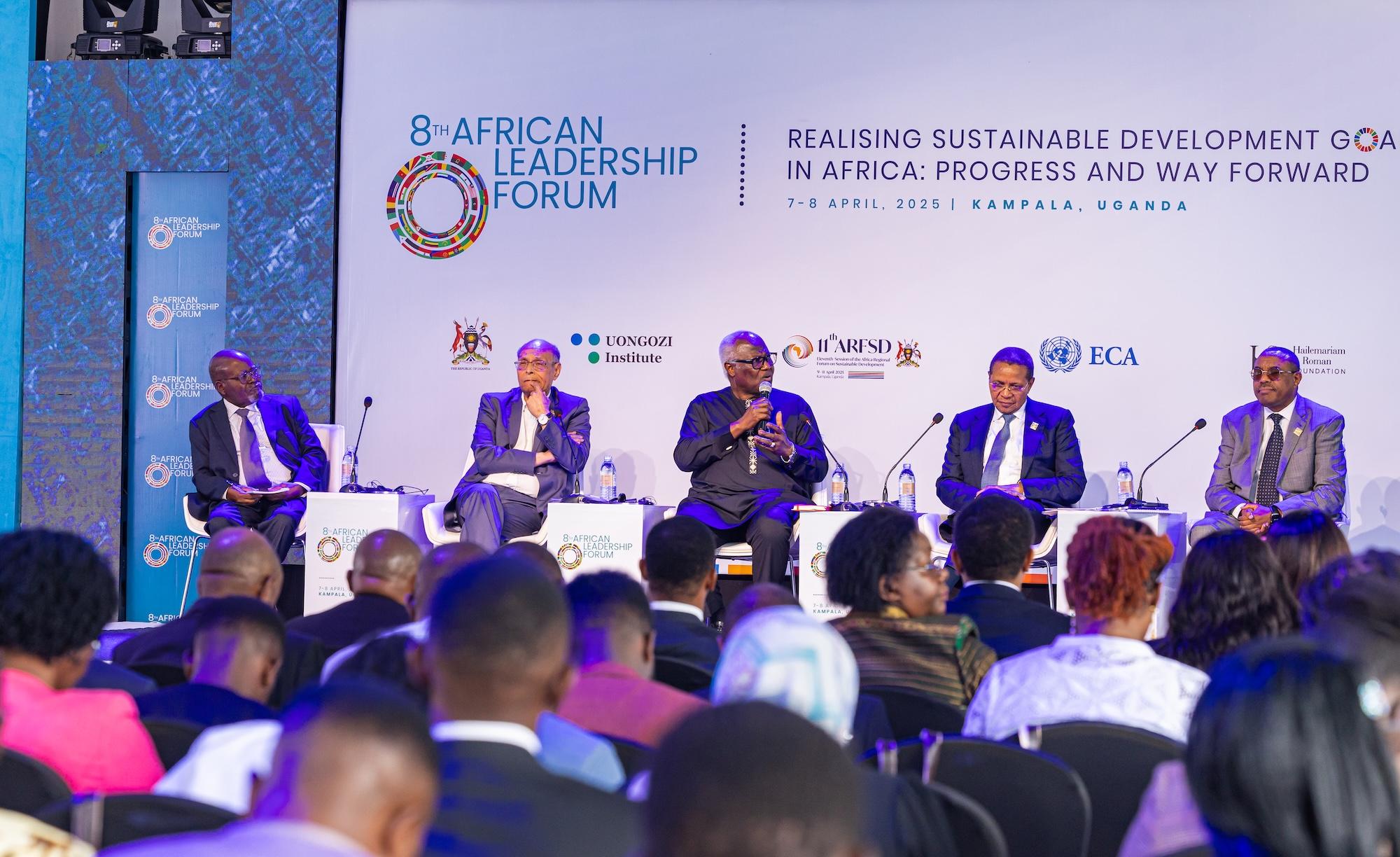By Gwamaka Kifukwe
Something very sad is happening across Africa. There is a generational transition as most of the ‘Liberation Generation’ – that is, those who participated in the various independence movements and struggles of the 60s onwards – are dying. Each year another round heroes, veterans, and icons takes their final, and well-deserved rest. The saddest part is not that we are losing these historic men and women, but that they are departing us fairly quietly – even those who are honoured by state funerals, and a torrent of public obituaries and international condolence messages. Their roles, thoughts, efforts, and ultimately their legacies are absorbed into the generalised history of our respective countries.
Every culture around the world has been recorded and preserved through the rich tradition of storytelling. It is strange then, that on the continent known for storytelling, that memoirs are not very common in Africa. It is a marked difference between our society, and others around the world – In general, our Elders and Leaders are not in the habit of producing memoirs or treatises. Without these, the specific lessons, contexts and ideas of these people are under threat – and the world, but Africa in particular, are poorer for it. Before it is too late, we must request, support, and perhaps even demand the distinguished daughters and sons of Africa to record their journeys and experiences for the benefit of future generations.
Memoirs provide the flesh to the skeletons that our history books and curricula provide for us. Detailing the world beyond the general to understand why things happened, how they happened, who was involved, what were the key considerations, and what were the fears and aspirations at the time of decisions and interventions. Such recordings are vital for us, about to embark on the next way of social, political and economic transformation, to understand who we are, how we came to be, why we are where we are, and what aspirations our predecessors had for us. Learning from the past is an important way of increasing our odds for success in the future.
Memoirs are great stories as well as historical sources that enable deeper understanding of historical events, and therefore the present and future trajectories. Moreover, in this era of heightened inter-dependence and intermingling the need to understand each other continues to be more and more important. These insights help us not only understand ourselves, but also invite the rest of the world to understand us better. Understanding breeds trust – the foundation for good collaboration.
As a genre of writing, memoirs do have their challenges and criticisms– ranging from validity of the memories of authors, the temptation to take up defensive positions and promote justifications, and other forms of information bias. They are, after all, peculiar perspectives on history. Their role is to form parts of, or supplements to, the greater whole. It is also unlikely that authors are likely to receive great financial rewards for their words. The issue at stake is that this forms part of the inter-generational dialogue within and between societies.
For the case of Africa, the wisdom of our Elders – so long a core tradition that has characterised the people of this continent – is being lost, and ignored. If nothing else, this is a plea to our Elders and indeed the rest of us, to not let this happen.
Please write…!

